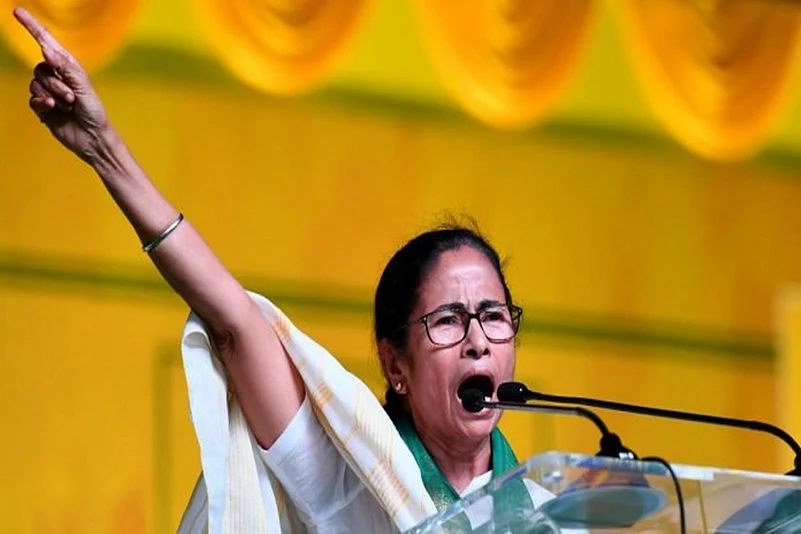As a historical parallel, BJP’s humiliating defeat on May 2, 2021, in West Bengal polls resembled the reverse of the Mughal army in the 1682 Itakhuli war. A weaker Ahom Army had then pushed the mightier Mughal Fauzdar Mansur Khan all the way to the Manas river to regain Kamrup from the Mughals.
Yet this defeat does not appear to have chastened New Delhi. Ignoring all federal principles, fresh moves are afoot to use central government agencies to embarrass the West Bengal government which was elected with a massive majority.
The first incident was the visit by a four-member Union home ministry (MHA) team from May 6 to study the “post-poll violence” although Mamata Banerjee had taken oath only on May 5 and hence not responsible. The second was the defiant tour of Governor Jagdeep Dhankar, against the advice of the elected cabinet, to certain selected areas like Sitakulchi where CISF firing had killed some people including voters. His public utterances betrayed his partisan attitude.
I had pointed out in my column on April 15 in Outlook that the deployment of forces in Sitakulchi by the Election Commission seemed to have gone against their own manual. Chapter 3 Para 3.4 of the “Election Commission Force Deployment Manual”, has said that local police have to be deployed in the “Catchment areas” of the polling stations and inside and outside of the polling premises for maintenance of law & order. CISF should have been only for guarding polling stations and poll materials. Did Governor Dhankar look into this lapse?
However, the most objectionable step by New Delhi was the announcement on May 11 that all the 77 newly-elected BJP legislators would be provided central security. This was carried by all the visual and print agencies on May 11. Surprisingly till today (May 14) I could not get any official announcement from Press Information Bureau (PIB). If true, this will be an unprecedented step.
In the past only selective use of the central police was made to give protection to state political leaders who were at odds with local governments. If my memory is correct, the first such occasion was a seemingly vindictive action of the newly elected Jayalalithaa government on June 30, 2001, by ordering the midnight arrest of the 78-year-old former Tamil Nadu DMK Chief Minister, the late Kalaignar M. Karunanidhi. Along with him a central cabinet minister and a former central minister, both belonging to the DMK were arrested.
The whole nation watched this sordid affair through live telecast. That the arrests were made within hours after an FIR was registered by a municipal commissioner who was suspended by the Karunanidhi government shocked everyone. Visuals of the police jostling and pushing the aged former chief minister who was in ill health were interpreted as police brutality forcing the central government to intervene.
Initially, Prime Minister Atal Bihari Vajpayee tried to speak to Chief Minister Jayalalithaa but could not. Later he condemned the highhanded arrest and asked for a report from the governor. At DMK’s request, Karunanidhi and other top DMK leaders were given central police protection.
For similar reasons NSG, later CISF or CRP security was given to certain former chief ministers like Mayawati, Mulayam Singh, and others like former Deputy Prime Minister LK Advani. In each such case, proper procedure of getting security agencies’ reports was followed. Also, state governments were informed about the deployment of central police for protection duties as required under the rules.
The question is, was this followed in the cases of 77 BJP legislators? If not, on what basis did the MHA take this unilateral decision? The media had quoted the CISF saying that they had received the orders. Media also had published details of weapons they would carry. Yet the concurrence of the West Bengal government was not taken although under Schedule 7 of our constitution police and law and order come within the powers of the states. Also, without empowerment under S.129 CRPC, the central police will have only the right of private defence like a private security agency as what happened in Sitakulchi.
In other words, the CISF will be thrown to the wolves for the BJP’s political one upmanship.
(The writer is a former special secretary, cabinet secretariat)
















